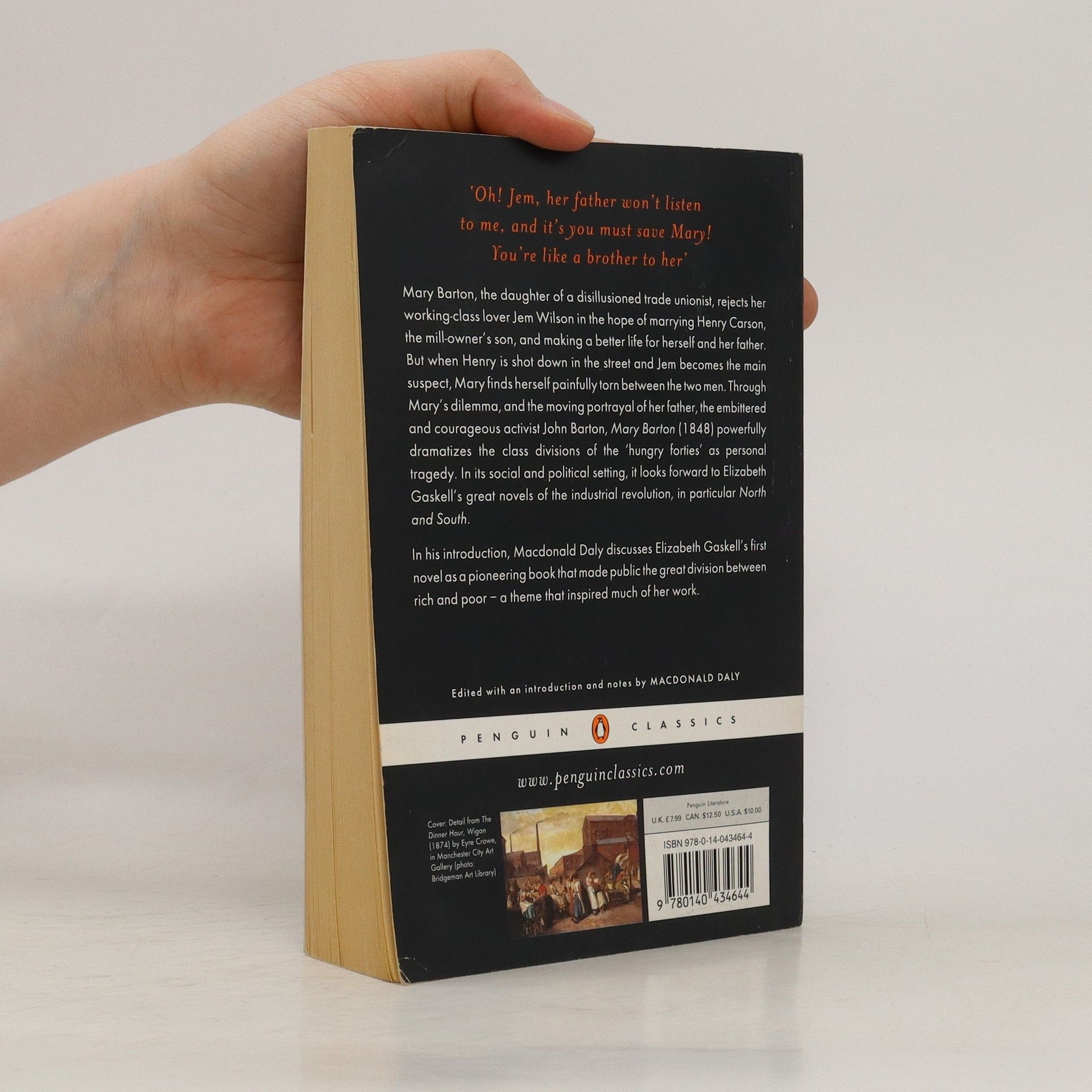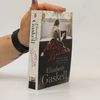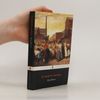Mary Barton
Autori
Parametre
Kategórie
Viac o knihe
‘O Jem, her father won’t listen to me, and it’s you must save Mary! You’re like a brother to her’ Mary Barton, the daughter of disillusioned trade unionist, rejects her working-class lover Jem Wilson in the hope of marrying Henry Carson, the mill owner’s son, and making a better life for herself and her father. But when Henry is shot down in the street and Jem becomes the main suspect, Mary finds herself painfully torn between the two men. Through Mary’s dilemma, and the moving portrayal of her father, the embittered and courageous activist John Barton, Mary Barton (1848) powerfully dramatizes the class divides of the ‘hungry forties’ as personal tragedy. In its social and political setting, it looks towards Elizabeth Gaskell’s great novels of the industrial revolution, in particular North and South. In his introduction Maconald Daly discusses Elizabeth Gaskell’s first novel as a pioneering book that made public the great division between rich and poor – a theme that inspired much of her finest work.
Nákup knihy
Mary Barton, Elizabeth C. Gaskell
- Jazyk
- Rok vydania
- 1997
Doručenie
Platobné metódy
2021 2022 2023
Navrhnúť zmenu
- Titul
- Mary Barton
- Jazyk
- anglicky
- Autori
- Elizabeth C. Gaskell
- Vydavateľ
- Penguin
- Rok vydania
- 1997
- Väzba
- mäkká
- ISBN10
- 014043464X
- ISBN13
- 9780140434644
- Kategórie
- Svetová próza
- Anotácia
- ‘O Jem, her father won’t listen to me, and it’s you must save Mary! You’re like a brother to her’ Mary Barton, the daughter of disillusioned trade unionist, rejects her working-class lover Jem Wilson in the hope of marrying Henry Carson, the mill owner’s son, and making a better life for herself and her father. But when Henry is shot down in the street and Jem becomes the main suspect, Mary finds herself painfully torn between the two men. Through Mary’s dilemma, and the moving portrayal of her father, the embittered and courageous activist John Barton, Mary Barton (1848) powerfully dramatizes the class divides of the ‘hungry forties’ as personal tragedy. In its social and political setting, it looks towards Elizabeth Gaskell’s great novels of the industrial revolution, in particular North and South. In his introduction Maconald Daly discusses Elizabeth Gaskell’s first novel as a pioneering book that made public the great division between rich and poor – a theme that inspired much of her finest work.





